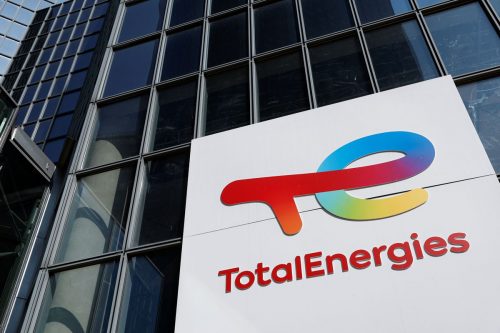Oil production projects in Uganda are in full swing, as part of the relentless efforts made by the government in the East African country. In order to enhance the productivity of the sector to keep pace with domestic demand, and to achieve a surplus for export.
In light of these efforts, Kampala gave the green light to the Ministry of Energy to conclude two production-sharing agreements at two exploration sites with two oil companies. Among them is an agreement with a unit of the Australian “DGR Global Limited” group, according to what was seen by the specialized energy platform, according to Reuters.
During its meeting, which was held last Monday, January 9 (2023), the Ugandan government concluded an agreement with “DGR Energy Turaco Uganda Limited,” a subsidiary of the Australian “DGR Global Limited” group, to carry out oil exploration activities in the Turaco region. As part of the implementation of oil projects in Uganda, according to a statement issued by Ugandan Information Minister Godfrey Kabyanga.
Two oil projects
The Turaco Exploration Area, with a total area of 637 square kilometres, is located in the Albert Rift Lake basin close to the border bordering the Democratic Republic of the Congo.
It is noteworthy that another unit of the Australian “DGR Global Limited” group already owns an oil exploration site in the Kanyawatapa area, also in the Albert Rift Basin, which it acquired in 2017.
As for the second agreement, it was approved by the Ugandan government in favor of the Uganda National Oil Company, and covers the Kasuruban exploration area, which extends over a distance of more than 1,285 square kilometers, according to what was stated in the statement, which was viewed by the specialized energy platform.
Uganda discovered commercial reserves of crude oil in the Albert Rift Lake basin for the first time in 2006, and officials said the first shipments of oil produced from the basin would see the light in 2025.
The two exploration blocks are part of 5 sites that Uganda sold at auction as part of a licensing round it offered in 2019, in a broader plan aimed at accelerating the pace of oil projects in Uganda in the coming years.
The companies will initially obtain two-year licenses to carry out exploration activities at the sites, according to the statement.
Unprecedented pursuits
In August (2021), the Ugandan authorities did not hesitate for a moment to suspend the work of the African Institute of Energy Management, along with 53 other NGOs, claiming that they had never complied with the rules that forbid their participation in politics in any way, as well as the policies regulating the oil sector. Ugandan.
At the time, the head of the NGO office, Steve Okello, commented on Kampala’s decision by saying that the “Chapter for Uganda” and other organizations that had been suspended did not submit annual returns and audited books of accounts, according to Reuters.
Uganda’s oil ambitions collide with environmental standards
Oil production projects in Uganda, through which the government aims to start exporting crude oil from the Lake Albert basin through the East African pipeline, to the Tanzanian port of Tanga in 2025, are facing obstacles related to environmental safety standards.
Perhaps this also applies to Kampala’s efforts to build a local refinery with a capacity of 60,000 barrels per day to process some crude oil.
The African Energy Management Institute is tasked with launching campaigns to help compensate and resettle people who have been affected by development projects implemented in their geographical areas.

The aforementioned pipeline has faced a torrent of criticism by more than 260 international non-profit organizations, claiming that its route exposes environmentally sensitive areas to several risks.
In addition, they believe that the construction of the pipeline will damage wildlife reserves and catchment areas around Lake Victoria; What prompted it to appeal to banks to refrain from providing loans to finance it.
The $3.5 billion East Africa pipeline runs from landlocked oil fields in Uganda, in the west of the country, to a port on the Indian Ocean coast in Tanzania.
Total Energy, the French energy industry leader, is mainly responsible for the development of the East African pipeline, along with the China National Offshore Oil Corporation (CNOOC), as well as the national oil companies in Uganda and Tanzania, according to information monitored by the specialized energy platform.
related topics..
Read also..

Leave a Reply